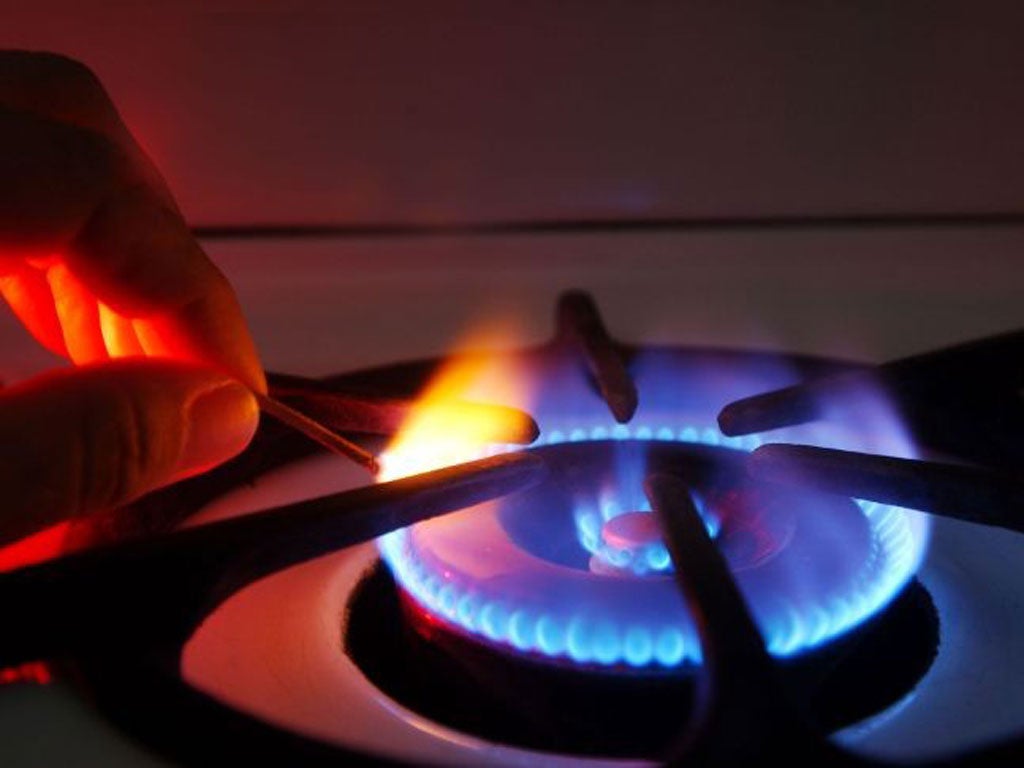Jeremy Corbyn would renationalise the energy companies. Smart move?
We asked a selection of experts to respond

Go for it
Stephen Devlin, The New Economics Foundation
Bringing companies that provide essential services like energy under democratic control is something we should seriously consider.
Our current, privatised approach has single-mindedly and ineffectively pursued competition while stymying action on climate change, failing to invest in infrastructure and abandoning thousands to fuel poverty.
Dissatisfaction with the cost and service of private energy companies has motivated some German cities to take back control of their grids.
A typical complaint is that governments are bad at running businesses. Never mind to what extent that’s actually true, it’s pretty clear that businesses can be bad at running businesses too – just look at the satisfaction ratings for the Big 6 energy suppliers.
The problems of our energy system can’t be solved by incremental improvements in business as usual – a free, efficient, and competitive market in energy does not and cannot exist. It’s time we recognise this is an experiment which has failed us.
Twitter: @_StephenDevlin
Nice in theory
Nigel Robinson, Head of Power at Investec
Why is it that our big six power companies all look, sound and behave the same, particularly when it comes to charging us for our power and gas? They seem to be acting as one homogeneous provider of a commodity product operating behind different-coloured logos.
A lot of politicians say the only way to deal with the big six is to smash them to little pieces. But actually, when you come to think of it, the problem is the reverse. Their balance sheets are too small.
You could have the ‘big one’, owned by the government, which could regulate prices and use its big balance sheet and state guarantee to borrow money cheaply.
That sounds great in theory, but in reality the EU wouldn’t allow it on competition grounds and the government couldn’t afford to buy the big six.
Conflict of interest
Duncan O'Leary, Research Director at Demos
Far from helping consumers, this would harm them. Normally, governments want new companies to enter markets offering lower prices or better customer service.
But as a shareholder in the Big Six, the government would have an incentive to prevent this rather than encourage it.
Losing customers to new players in the market would mean its shares falling in value. This would leave a no-win scenario: either competition would be stifled and consumers would pay more, or new entrants would win customers over, costing the taxpayer money.
There would be a similar problem with green policies. Currently, the Government aims to reduce the amount of energy households need to use.
If it continued to do this whilst owning shares in the Big Six, it would be reducing revenue and the value of its own shares. Government should do more to promote competition and diversity of provision, not make itself a vested interest.
Twitter:@DuncanOLeary
Too public already
Tony Lodge, Research Fellow at Centre for Policy Studies
The last thing the energy sector and its customers need is more government control, let alone renationalisation.
Indeed recent energy policy represents the biggest expansion of state power since the nationalisations of the 1940s and 1950s – and is on course to be the most expensive domestic policy disaster in modern British history.
The electricity sector is being transformed into a vast, ineffective Public Private Partnership, an outcome that promises the worst of both worlds – state control of investment funded by high cost private sector capital, with energy companies being set up to take the blame for higher electricity bills.
Competition between electricity suppliers is an expensive sideshow (which Ofgem estimated cost £730m in 2008) if it does not drive competition between generators and market investment in the most efficient generating technologies.
After all, these were the key ambitions of Conservative electricity privatisation in 1989.
We need to return to the ambitions of Conservative electricity privatisation and stop the road to more and more central control with draconian renewable targets which will require more and more subsidy.

Join our commenting forum
Join thought-provoking conversations, follow other Independent readers and see their replies